Shaady Salehi, Executive Director of the Trust-Based Philanthropy Project, highlights bi3 in Social Investor article
“As a young nonprofit executive, I one flew across the country to meet with a new funder. I was nervous, excited, and eager to make a connection that would (hopefully) help my organization continue its work and perhaps even grow. I arrived at the foundation’s office with my best blazer on my back, a well-polished pitch in my head, glossy marketing materials in my hand, and my heart set on an honest conversation that could lead to ongoing partnership and support.
When I arrived, the receptionist told me that the funder was running behind schedule… The funder finally arrived 45 minutes later, with an air of distraction and a hurried apology. She leaned against her desk, standing, with her arms crossed. ‘What brings you in today? she asked, checking her watch.
In that instant, all my hopes were dashed,” writes Salehi, who now serves as the Executive Director of Trust-Based Philanthropy, a learning and advocacy initiative to advance more equitable and power-conscious practices in philanthropy.
Salehi goes on to explain what the Trust-Based Philanthropy is, how it got started, as well as how the model is helping nonprofits and funders accelerate impact.
She lifts up bi3 as an example of this accelerated impact, highlighting how the change in reporting and building of trust led to eye-opening conversations between bi3 and its grantees.
“This insight helped bi3 take on this systematic barrier to infant and maternal health. It identified an advocacy partner and provided them with resources to launch a targeted campaign to extend postpartum Medicaid coverage to one year,” Salehi writes. “Thanks to their work, as of April 2022, women across Ohio are now eligible for one full year of postpartum coverage, a critical step to improved maternal and infant health for all Ohioans.”
Read the full Social Investor article, starting on page 103 of the issue, to learn more about Trust-Based Philanthropy, and how it is breaking down the barriers between funders and grantees to advance change.



